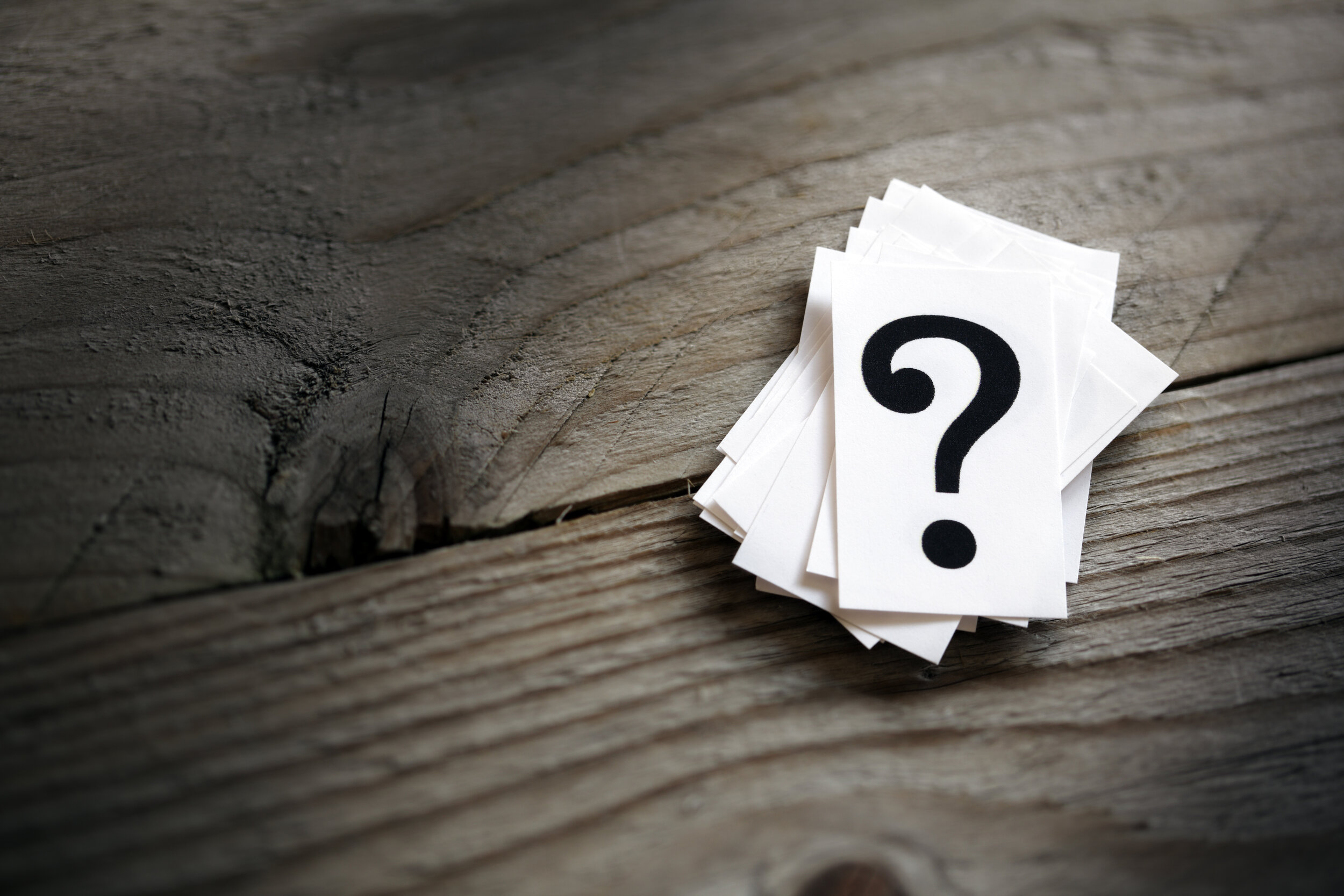Coping with Uncertainty
As precautionary measures pile up and our world learns how to navigate the COVID-19 pandemic, uncertainty builds. Closures, cancellations, and changes to our daily routines continue to add up as we wait for answers and news. It is not easy to cope with all of it.
Some wonder if support through online therapy can even be helpful in times like this, which can enhance feelings of loneliness and fear.
In fact, dealing with change and uncertainty is one of the most difficult states for the brain to exist - it is wired to 'find safety' and to 'make sense of' any type of threat. When we can't do either, it will trigger a number of responses: anxiety, depression, worry, fear, sadness, denial, withdrawal...the one response it won't create is 'authentic calm'. So we do our best to make sense of, and find our own version of, safety. There isn't a wrong way to do this. If you’re struggling to make sense of the world around you and your own feelings during this challenging time, we want to remind you that you are not alone. Let's dive into some ideas of strategies for coping with uncertainty and dealing with change.
Talk to someone
We often internalize our own struggles when we fear sharing our feelings would be a ‘burden’ to others, especially now when everyone is impacted in some way. However, when someone we care about bears witness to our worries or fears, the weight lessens. You also create an opportunity for the person you chose to share your thoughts with to feel valued and important. We all have the capacity to listen to one another, regardless of what we ourselves are enduring.
Remember you are not alone
Each person’s response to their stress and their individual situation will differ, but we can rest in the knowledge that everyone is learning how to navigate this time. We are sharing a collective concern and uncertainty- when we remember this, it can be easier to offer kindness to ourselves and those around us.
Prioritize stress relief
Self-care is extra important when we’re dealing with uncertainty. Physical self-care can include eating healthy foods and drinking enough water, avoiding excessive amounts of caffeine and alcohol, getting enough sleep and rest, and moving our bodies. Emotional self-care can include taking time to process thoughts and feelings, and recognizing that feeling anxious, depressed, sad, or angry is common during a time like this. Other forms of relaxation can include taking deep breaths, stretching when you feel your body tensing up, engaging in hobbies you enjoy, and meditating.
Educate yourself
Gathering credible information can help you cope with uncertainty. Identify people and resources you can rely on for accurate health information related to the outbreak and ways you can protect yourself. You might consider turning to your family doctor, a state or local health department, U.S. government agencies, or international organizations.
Limit your media intake
While having concrete information can be helpful, constantly scrolling through social media and remaining in the news cycle can be detrimental, especially due to various degrees of accuracy found within social media platforms. Set limits on how much time you spend reading or watching news about COVID-19, and follow media intake with self-care time.
Connect with others
Modern technology makes it possible for us to connect with loved ones despite social distancing. Take time to reach out to people in your life- share your thoughts and feelings and listen to your loved one as they share their own experiences. And be sure to talk about things unrelated to the outbreak! Talking about other topics can create a sense of normalcy and remind you of the positive parts of life beyond this outbreak.
Know your resources
Sometimes, we need help learning how to cope with uncertainty and our responses toward it. Our therapists are ready to walk with you as you process and develop strategies for coping with uncertainty and change. If you are experiencing a mental health emergency, call a local or national helpline like the National Suicide Prevention Lifeline at 1-800-273-8255
Call your therapist or begin a relationship with a new therapist
Whether you are a current client of IRTC or work with a different therapist you really connect with, schedule a session with your therapist! Sometimes all the strategies for coping with uncertainty in the world just don’t ease our discomfort. We are here to support you and help you and/or your relationship make sense of this current ‘normal’ while we wait to arrive on the other side of COVID-19.

